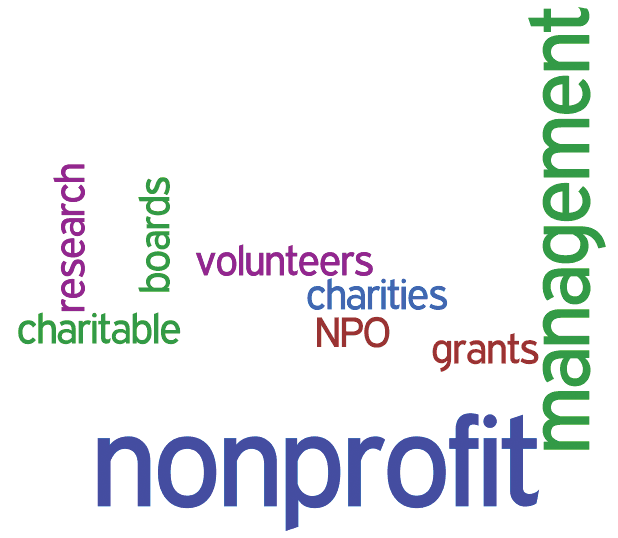From the June 2013 issue.
According to the National Center for Charitable Statistics, more than 1.5 million nonprofits are currently registered in the U.S. But with a median budget of less than $90,000, most nonprofits are also small businesses. And while nonprofits need to create a sustainable business model in order to fulfill their mission, in order to be successful and sustainable, they also need to make a profit.
While there is no software product that will help nonprofits earn a profit, adequate software certainly makes the job a bit easier. They certainly contribute to the ability to produce solid financial reporting, while also assisting nonprofits in cash management and expense tracking. While this is a necessity for all businesses, it’s particularly useful in the nonprofit sector, where donor funds and grants play a large part in providing adequate funding for nonprofit programs.
Technology needs vary according to the nonprofit. Some nonprofits operate solely on contributions from private donors. Having a software product that can manage those donors is a necessity. Other nonprofits get the majority of their funding from grants; either foundation grants or more complex government grants, where solid grant management and accounting is a necessity. Most grants, particularly government grants, need to be tracked in detail; everything from managing expenses, setting up and maintaining budgets, to determining administrative overhead.
On top of these very specific needs, nonprofits need to track everyday expenses as closely as any small business – or large business. Revenues from products and services need to be recorded, expenses tracked, vendors and employees need to be paid.
Obviously, the needs of a small nonprofit will vary greatly from those of a multi-million dollar nonprofit. The products we reviewed in this issue vary significantly as well. Some are truly designed for smaller nonprofit organizations; inexpensive to purchase, easy to install, and have only a slight learning curve. Others are designed for larger nonprofits, and contain a long list of available modules and more complex installation and setup requirements – along with a more significant price tag.
Only you and your client can decide what level of product is the right level.
In this review, we looked at several separate areas that we feel are important to all nonprofits; whether their annual revenue is $50,000 or $5,000,000. These are:
- Basic System Functions – where we look at the program format; is it a desktop format, SaaS, or both? We also look at just how easy it is to setup and navigate through, and look at the modules available.
- Core NFP/Fund Accounting Capabilities looks at the program functions specific to nonprofits. Can users create multiple budget types? Does the program offer grant management or donor management modules? How flexible is the account structure?
- Management Features looks at the availability of management tools such as dashboards, forecasting tools and expense control features.
- Financial Statements and Reporting looks at the type of reports available and if they are customizable. It also examines reporting formats and export capability.
- Integration/Import/Export looks at how easy it is to import data from third party applications, whether users can export data to those applications, and how well the core product works with add-on modules and other applications.
- Help/Support looks at support options available, the availability of help functionality, and what product training options are available. We finish the review up with a product summary and pricing.
Most products have downloadable demos available so users can give them a test drive. While all of the products are not suitable for all of the nonprofits, there is at least one that will fit your client’s needs.
Thanks for reading CPA Practice Advisor!
Subscribe Already registered? Log In
Need more information? Read the FAQs
Tags: Accounting, Nonprofit





